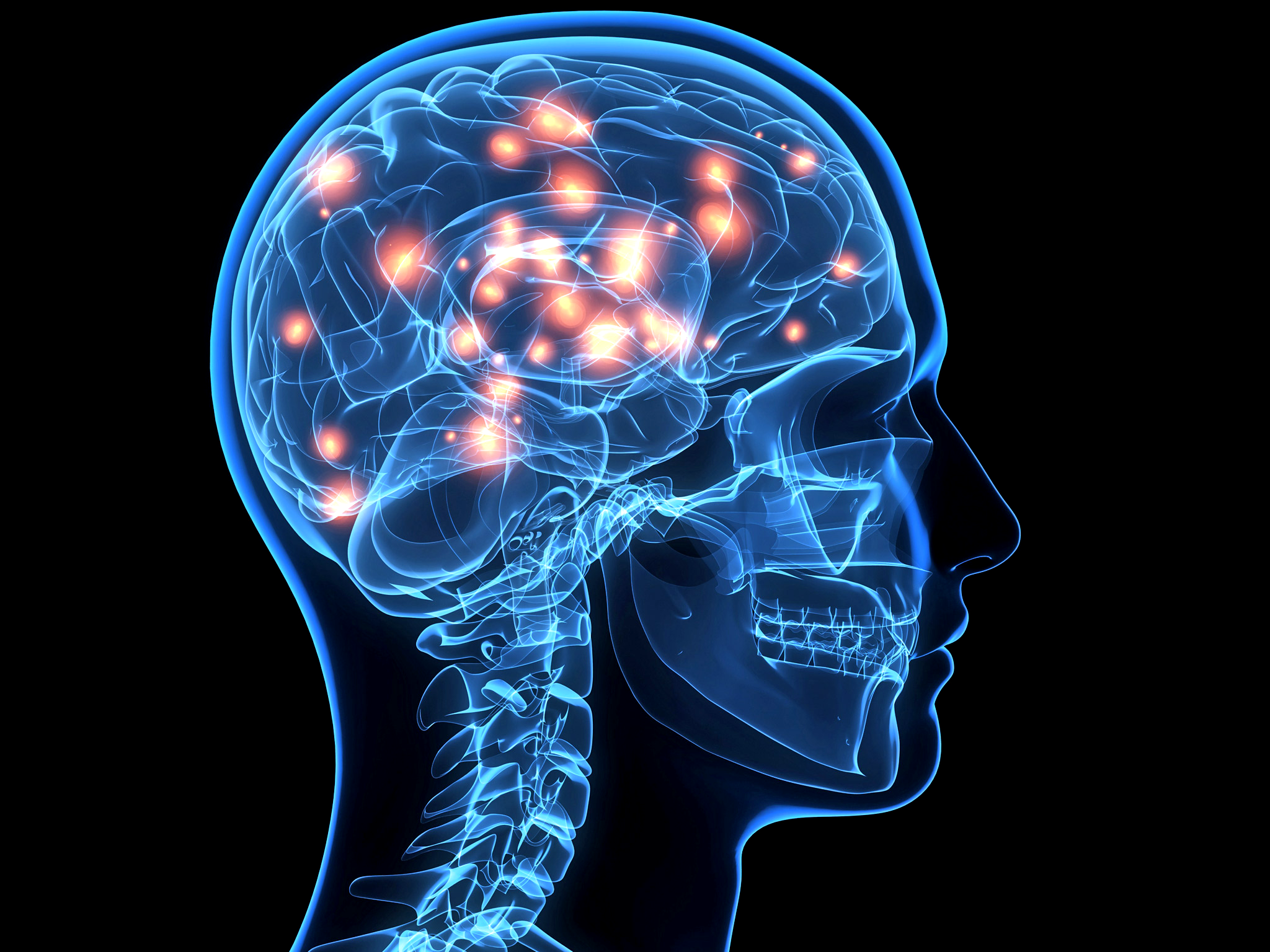There's a test that tells you if you're a 'super-recogniser' of faces, and you can take it right now

I've seen a lot of faces I can't forget.
No, I'm not talking about being in love, as the Beatles lyrics might imply. Instead, I may be a super-recognizer, meaning other peoples' faces get strangely seared into my brain -- even those of complete strangers. It's not that I necessarily want to remember them; I just can't seem to help it.
And I'm not alone. Josh P. Davis, a psychology professor at the University of Greenwich in England who studies the phenomenon, told Yahoo Health that he estimates some 1% of the population could qualify as super-recognizers.
Davis developed a brief online test for super-recognizers, and you can take it now.
Keep in mind, Davis notes: "If you do very well then you may be a super-recognizer." If you want to know for sure, you can inquire with his team about additional testing.
A 'creepy' ability
In 2009, a team of neuroscientists from Harvard did one of the first studies of super-recognizers. In it, they looked at just four people who claimed to have an unusually good ability to recognize faces.
All four subjects told the researchers about instances when they'd recognized practical strangers: family members they hadn't seen for decades or actors they'd glimpsed once in an ad and then seen again in a movie. They felt like there was something wrong with them.
One of the people in the study told the researchers she tried to hide her ability and "pretend that I don't remember [people] ... because it seems like I stalk them, or that they mean more to me than they do."
What the researchers wanted to know, then, was if there were more super-recognisers out there. So they came up with a series of tests (like this one) designed to find out if other people had their subjects' uncanny abilities. Sure enough, they found a few more super-recognisers. But they still haven't found very many. All of the studies of super-recognizers to-date are based on tiny samples of people -- anywhere from just two individuals to a half-dozen people. For that reason, it's tough to draw too many definitive conclusions about the ability.
Still, some police units in the UK are using people with the ability -- many of whom Davis has tested personally -- to help identify suspects from crime scenes.
Research suggests that super-recognising is fundamentally different from memory, and isn't a skill that can be sharpened with training, like some aspects of traditional memorization can.
In a recent study in the journal PLOS ONE, researchers studied two so-called "memory champions" -- people who'd competed extensively in memory contests and had even achieved recognition in the Guinness World Book of Records for their memorisation abilities. When they studied their face-recognition abilities, the memory champs' skills were merely average. "These findings lend support to the idea that face processing abilities are at least to a certain extent hard-wired," the researchers wrote in their paper.
There's something special about faces
In the 1990s, researchers identified a region of the brain called the fusiform face area (FFA) that is thought to play a key role in our ability to identify a face.
Some people with damage to that region experience a condition that is essentially the opposite of super-recognixing, called prosopagnosia or face blindness. Others appear to be born with it. People with prosopagnosia have difficulties recognixing familiar faces -- even, sometimes, their own. Neurologist and writer Oliver Sacks was a famous prosopagnosia sufferer, and wrote about his condition in the book, "The Mind's Eye."
"I am much better at recognising my neighbors' dogs (they have characteristic shapes and colors) than my neighbors themselves," Sacks wrote.
Read more:
• This chart is easy to interpret: It says we're screwed
• How Uber became the world's most valuable startup
• These 4 things could trigger the next crisis in Europe
Read the original article on Business Insider UK. © 2016. Follow Business Insider UK on Twitter.
Subscribe to Independent Premium to bookmark this article
Want to bookmark your favourite articles and stories to read or reference later? Start your Independent Premium subscription today.

Join our commenting forum
Join thought-provoking conversations, follow other Independent readers and see their replies